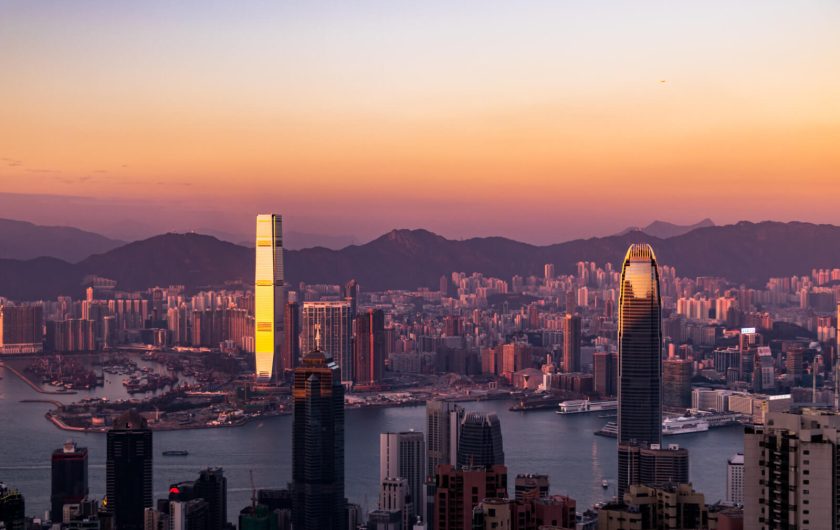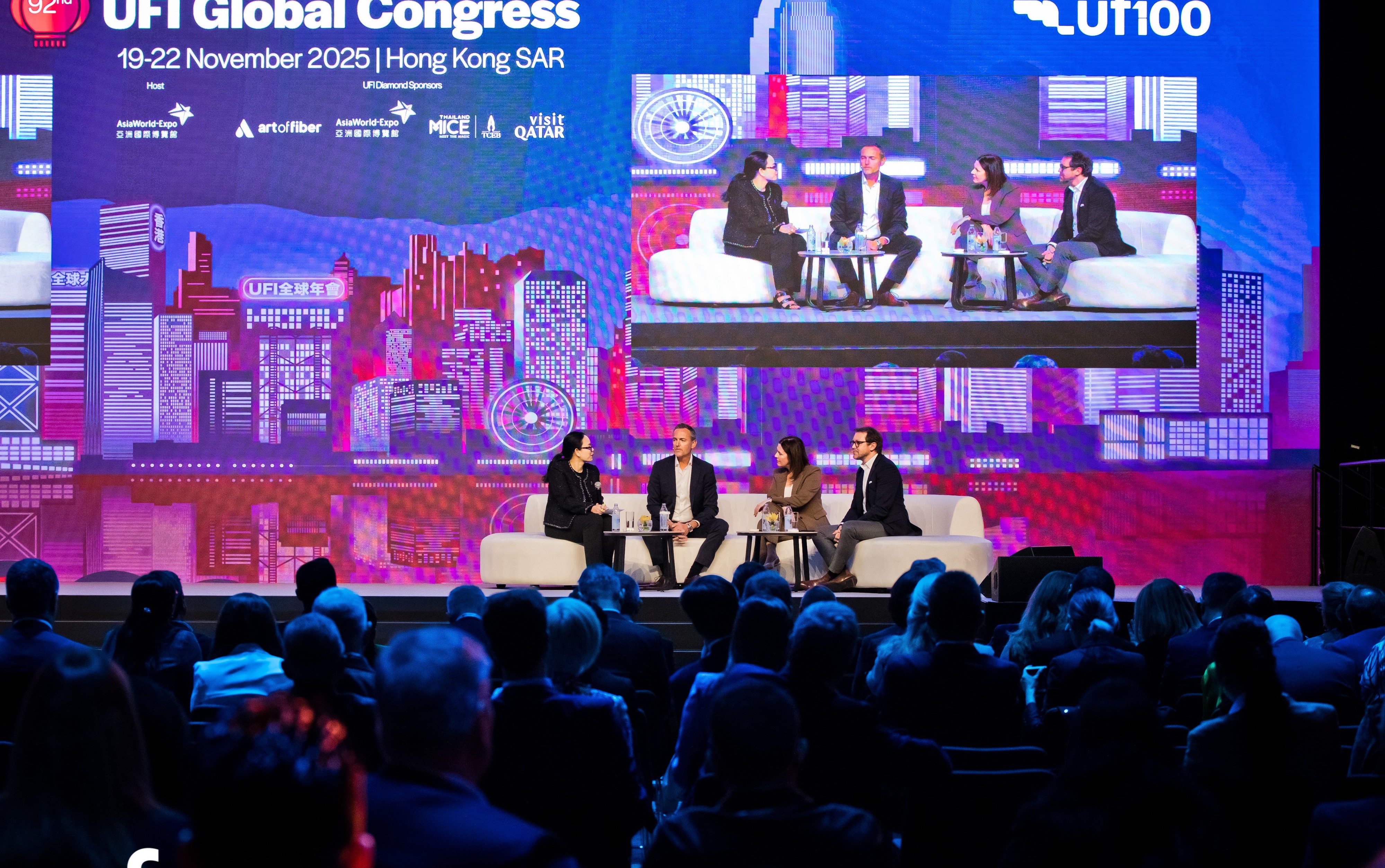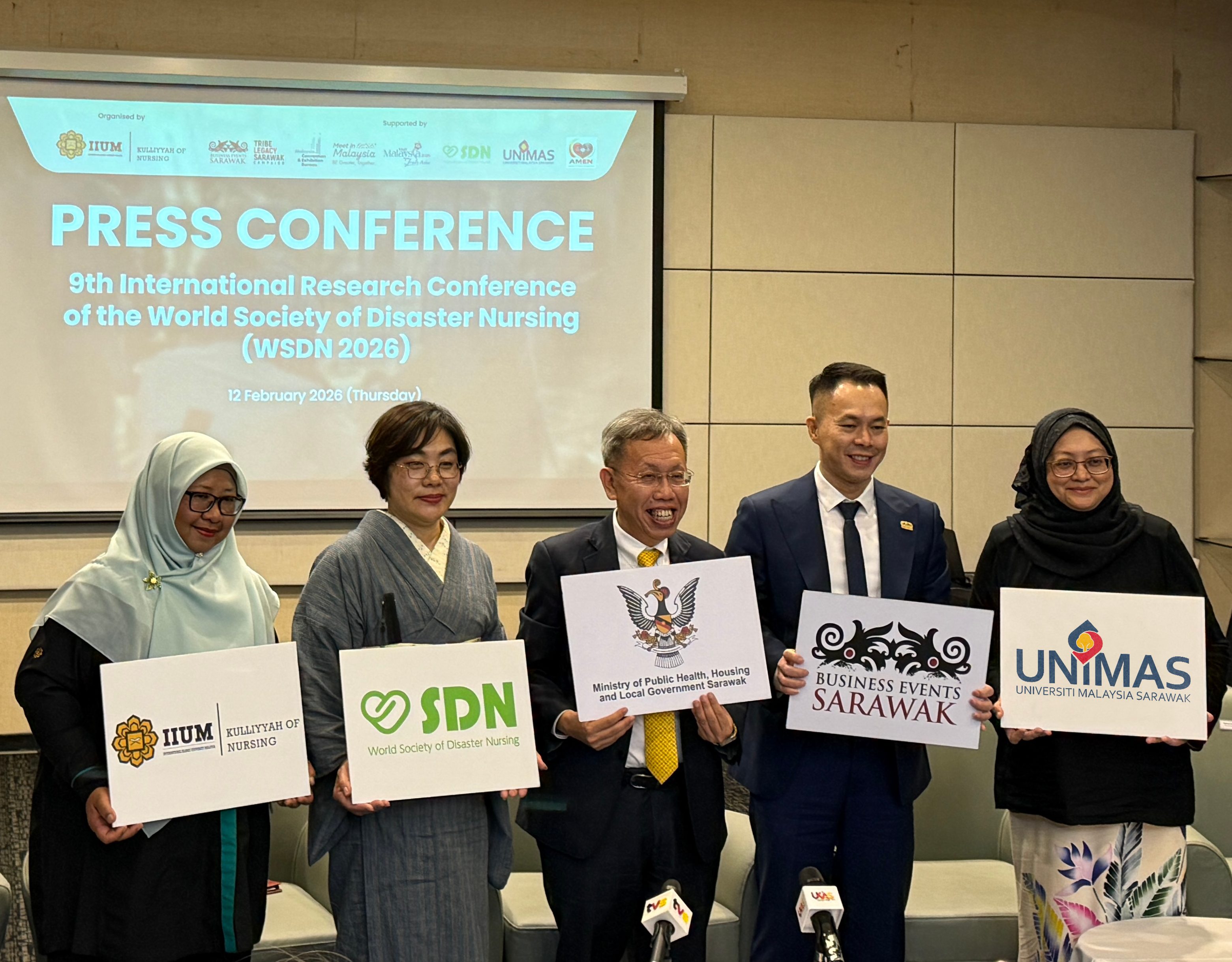HONG KONG is preparing to bring back a 3 per cent tax on the booking of hotel rooms in the city – almost 16 years after ditching the levy.
The Hotel Accommodation Tax is among the measures outlined in the budget for the next financial year. The measure would generate revenue of about HK$1.1 billion a year and account for less than on per cent of overnight visitor spending in Hong Kong, said Financial Secretary Paul Chan.
From July 1966 to July 2008, Hong Kong implemented a hotel tax of 2 per cent that was later raised to 3 per cent before the government dropped it in 2008.
The hotel tax is set to be revived in January 2025 and comes as Hong Kong continues to campaign for more international visitors – including business event groups – to return to the city following the lifting of Covid travel curbs and a tarnished image arising from the civil disturbances of 2019.
More… Homecoming Chan to drive Hong Kong mega-events
“It is very affordable. But it will give us, the government, over HK$1 billion in income,” Financial Secretary Chan said after delivering his budget speech yesterday.
“So, I think it is the right move.”
Hong Kong Tourism Board chairman Pang Yiu-kai, meanwhile, thanked the territory’s government for earmarking HK$665 million to support the work of HKTB, including the support of “mega-events”.
“We will adopt four key strategies to reinforce the city’s status as one of the world’s top visitor destinations,” Pang said.
Backgrounder… Red-tape killed Mega-Events Fund – but we are really to blame
“First, we will continue to develop diverse tourism experiences. Secondly, we will organise and support mega events throughout the year. Thirdly, we will step up promotions in visitor source markets. And finally, we will continue to join hands with the industry to enhance the capacity to receive visitors, to launch a new promotional campaign to encourage the trade and the public to be good hosts, and to enhance service qualities so that we offer every visitor the best possible experience.”
Some HK$304 million will be budgeted for large-scale international events, including $100m for “the coordination group to support and promote mega events in the coming three years”.



